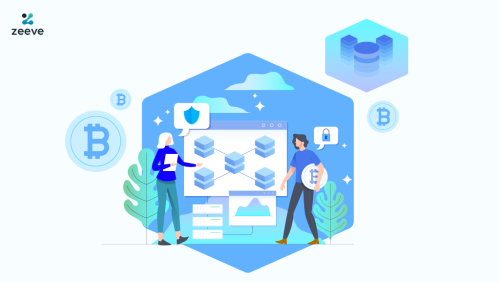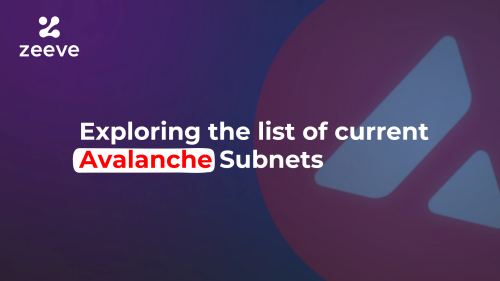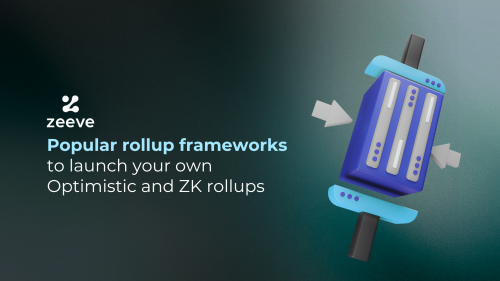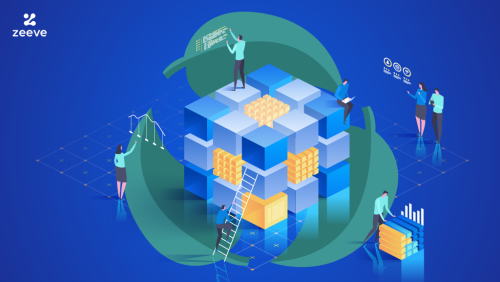DECENT 101: What is a dApp?
What is a Decentralized Application (dApp)?
For the majority of people in this world, the word ‘blockchain’ is still not something that they can touch and feel, but we feel this will change very soon. DECENT is a blockchain company at its core, and today we wanted to talk about decentralized applications – dApps, for short. One could argue that a big obstacle to incorporating blockchain in our everyday lives is the lack of direct usage, thereby preventing its complete adoption as a global technology in the same way electricity or the Internet have become entrenched in our lives.
There is also some confusion in terms of how adoption works. Blockchain, after all, is merely the underlying technology. In the same manner, you don’t “use” the Internet, you use browsers or apps which are powered by the Internet. This is, of course, a technical oversimplification to demonstrate our point. The ecosystem may shift soon though, as dApps are quickly moving into the forefront of the blockchain revolution.
In short, a dApp is very similar to the applications you currently use on your phone or computer, whether it’s Spotify, Snapchat, Maps or Gmail. The main difference is that a dApp uses a decentralized person-to-person (P2P) network somewhere in its backend code, whereas the apps mentioned above, and countless others, rely on a centralized network typically run by the company that created it.
Pros and Cons
The pros of dApps are quite straightforward. Without a central body to govern the rules and regulations of the dApp, users would receive full transparency and immutability when they interact with them. In theory, this could drastically eliminate things like fraud or identity theft, since the data stored in blockchain is extremely difficult to hack. As we shift towards a society where we are more and more concerned about having our identities stolen, dApps can make sure that everyone using it is accountable.
Another major advantage of using dApps is the reduced operational cost. For example, depending on how blockchain is leveraged, the application creator can delegate the majority of their operational server requirements to the network, cutting out the need to provision and maintain costly centralized servers or data warehouses.
Naturally, there are inherent risks to using truly open and transparent technologies. It essentially makes all the users equal, and everything that is done within the dApps is no longer able to be erased. The latter, not being able to erase anything, is due to the fact that all the data is stored on blockchain. The dApp is sometimes limited by the diversity which removes some basic functionality that we’ve become accustomed to. For example, a dApp may not have the capability to reset user passwords or accounts, as they are run by the network – meaning no single entity controls the network to hold this information and run such queries.
Potential Use Cases
The potential list of use cases for dApps is endless and disruptive, conceivably transforming any industry in the same way the introduction of the Internet did.
Given that blockchain came to global attention through the emergence of Bitcoin, it is not surprising that most current applications and development undertakings support the financial sector. Traditionally an opaque industry, with processes designed to allow practically unaccountable middle-men to pad their own margins through obscurity, dApps built on blockchain ledgers offer a more transparent, accountable and frictionless experience with open and accountable fees.
It should be stated, however, that dApps are not limited to financial applications and are very well suited to any application that needs high availability, transparency, and an accountable and immutable audit trail. Areas such as logistics, supply chain, contracts, safety, and medical records, as well as recreational applications like gaming and multimedia, are all ideally suited to the implementation of dApps.
DECENT is currently one of the few blockchain companies that have working commercial projects, which are dApps built on top of our DCore blockchain ecosystem.
One of the projects, ALAX, is a gaming platform designed for the South East Asian market. As a dApp built on DCore, it adds value by creating a secure and seamless financial channel between gamers, publishers and content (game) developers. Leveraging P2P communication and the blockchain technology, it allows frictionless and trusted direct B2C (Business to Consumer) transactions, reducing overheads through avoiding the involvement of costly middlemen while ensuring each participant automatically gets paid their agreed percentage upon transaction completion.
The Future of dApps
As industries and individuals become better aware of the potential of dApps built upon immutable blockchain ledgers, they will begin to leverage the potential power, savings, and security benefits to deliver services more efficiently and cost-effectively. Naturally, this will mean that adoption of this technology will become more universal as businesses position themselves to remain competitive.
As an experienced blockchain provider, DECENT is in the vanguard of the blockchain revolution and vigorously supports and promotes its adoption. Our DCore platform is already in production and is adaptable to any conceivable use case. Engineered to host highly scalable dApps of all levels of complexity, we are continuously adding new functions and developing tools to support you from the initial concept, through to production and profit.
Hopefully, our brief introduction to distributed applications on DCore has given you some insight into the potential possibilities for your business and projects.
If you wish to know more or have an idea for a decentralized application, we welcome you to discuss it with us via live chat on Telegram. As always, follow us on social media to stay informed on all things DECENT. As this is a little different from our usual releases, we’d love to hear your thoughts on the topics you’d like us to discuss in the future!







Responses